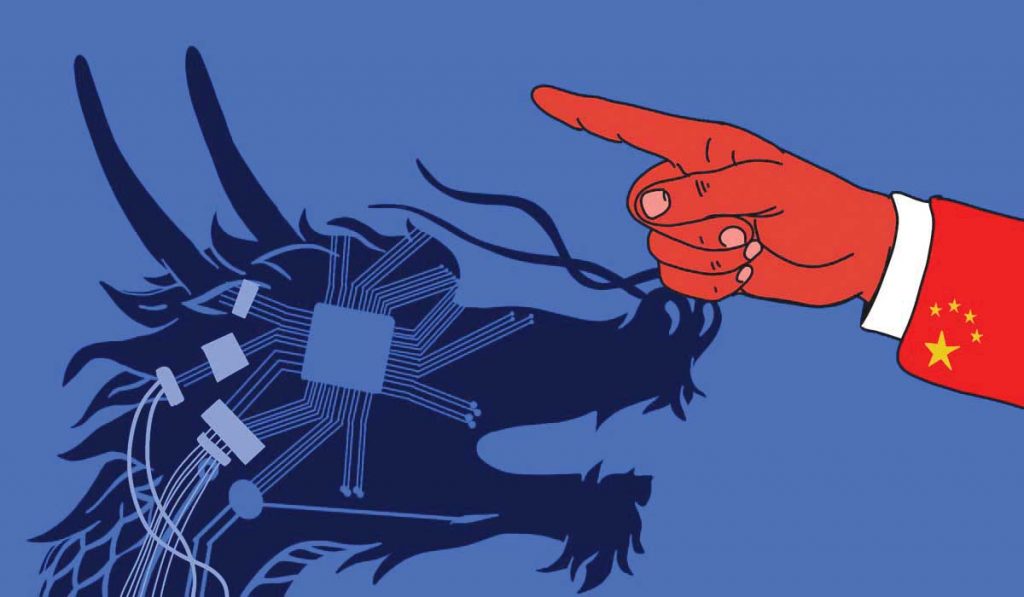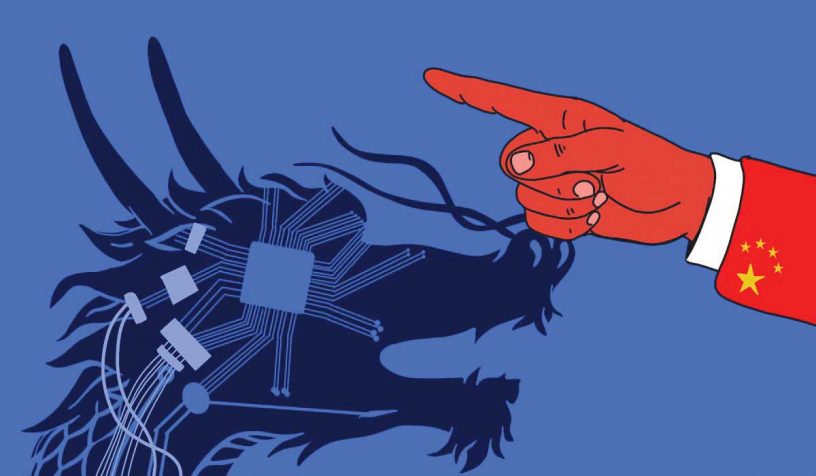
In the face of the recent crackdowns on China’s tech companies, similarities with the controls on industry during the Mao Zedong era become stark, says the author.
Author
Sriparna Pathak, Associate Professor, Jindal School of International Affairs, O.P. Jindal Global University, Sonipat, Haryana.
Summary
China’s recent crackdown on its tech giants brings to fore memories of Chen Yun’s ‘bird in a cage’ proposition from the years post the disastrous Great Leap Forward. The debate on whether China pursues socialism with Chinese characteristics or whether it is appropriate to call it capitalism with Chinese characteristics has been a long one and is all about the relationship between the bird which stands for the market and the cage which stands for state regulations.
Ever since Deng Xiaoping introduced market-oriented reforms from 1978 onwards, a lot of Chinese people, using market forces, were able to better their standards of living and even pull themselves out of the poverty characterized by the Mao Zedong era. However, this did not mean that the governance system also changed in line with the economic reforms.
The Communist Party of China (CPC) retained the dominance in the political system, ensuring state control over all facets of life in China. However, post the reforms, industry in China could be considered free as opposed to what it was a few years ago. In fact, internet giants like Alibaba and Tencent became proofs of the great economic potential of China’s global rise.
This became possible only because for the longest time Beijing allowed a lot of its companies, and definitely its big tech companies, to grow unchecked. Nevertheless, in the face of the recent crackdowns on China’s tech companies, similarities with the controls on industry during the Mao Zedong era become stark.
Published in: Science, Technology and Security forum
To read the full article, please click here.


